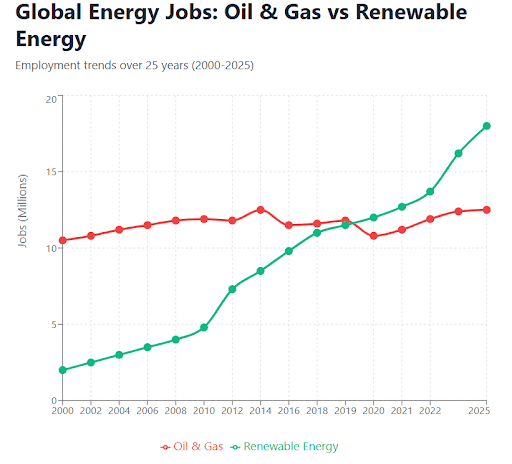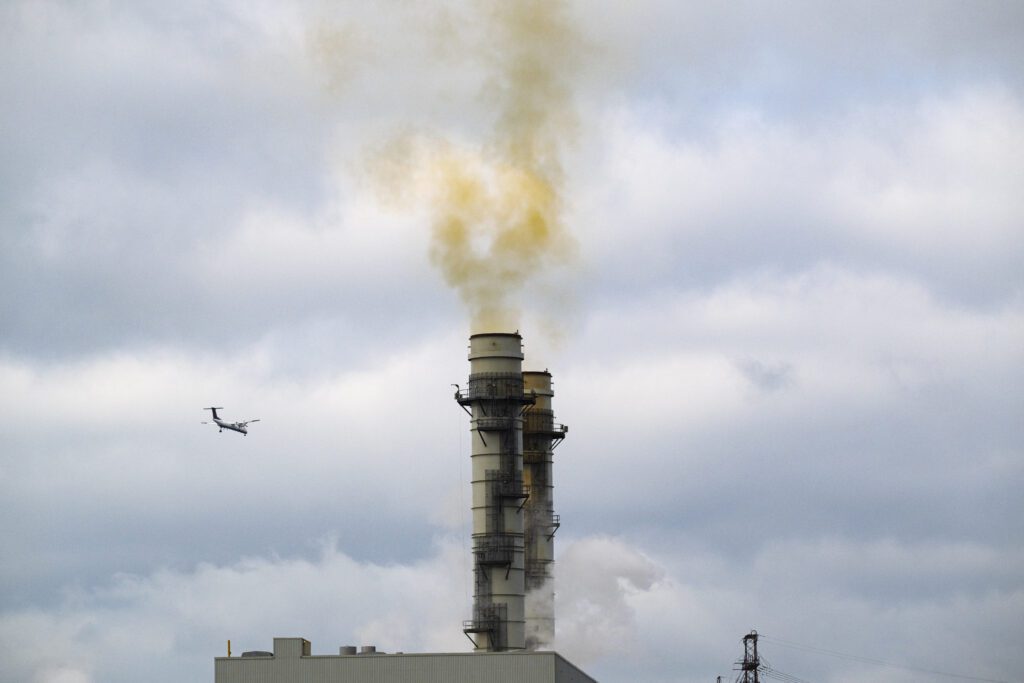Upon hearing the news that Imperial Oil was going to cut twenty per cent of its Alberta workforce in the coming year or two, Alberta Premier Danielle Smith had one of those knee-jerk reactions she has become infamous for: “The industry for the last 10 years has been hampered and hobbled by federal government decisions.”
Premier Smith must be referring to the “hampering” of federal budgets after the federal government spent $36 billion on the Transmountain Pipeline. That kind of hampering, correct?
The announcement seemed to catch the Premier off guard, and came just a day before she was set to announce that the province would spend millions of taxpayer dollars to plan a “new” pipeline from the energy-rich province to the west coast.
The federal Minister of Natural Resources, Tim Hodgson, sounded even more confounded by the move. According to the same CBC story, the Minister is“working to understand what went into the company’s decision, and the government will explore ways to support the workers losing their jobs.”
With all due respect, the Minister shouldn’t need to work too hard to understand the company’s decision. Imperial’s move is part of a global shift away from petroleum products and towards renewable energy, and is sending shockwaves across the energy industry, an industry that the Minister has been deeply involved in for decades.
“My thoughts are with them and their families as they receive this difficult news,” the Minister said on social media Tuesday.
Oh good, thoughts and prayers ought to help the foot-dragging province of Alberta to accept the global energy transition and walk back its job-killing, investment-alienating, ridiculous obstruction of the province’s renewable energy sector.
The Reality of the Energy Transition
From 2014 to April 2023, Alberta lost 45,000 oil and gas jobs, declining from 171,000 to 126,500. The Pembina Institute recently reported that Canada’s oil and gas sector creates 43 per cent fewer jobs per thousand barrels of production in 2023 compared to 2012, declining from 38 jobs per thousand barrels to just 22.
The three biggest U.S. oil companies – Exxon Mobil, Chevron, and ConocoPhillips -have all announced job cuts in 2025.
Greater advances in AI, machine learning, robotics, and other innovative technologies are expected to help boost efficiency in the fossil fuel sector and reduce the need for workers in certain roles, accelerating job losses even without climate policies.
Meanwhile, the global renewable energy sector is experiencing explosive growth. In 2023, renewable energy jobs increased from 13.7 million in 2022 to 16.2 million, representing an 18 percent year-on-year leap—the largest ever increase in renewable energy jobs.
It’s not about jobs
If anybody is still under the impression that Premier Smith’s boilerplate blame or Minister Hodgson’s crocodile tears are about jobs, it’s time to wake up and smell the petroleum burning. Their befuddlement is either purposeful ignorance or a smokescreen for the underlying changes occurring in the global economy, and a desire to wring the last bit of profit from a dying industry for their friends in the oil and gas sector.
The Canadian oil and gas sector’s five largest companies saw combined profits of $38.3 billion in 2022, with the overall sector achieving $63.1 billion in net income that year – an 80 per cent increase over 2021. These massive profits have occurred while tens of thousands of workers have been laid off due to automation and a rapidly changing energy market.
In 2022, the industry produced $250 billion in revenue – nearly double the typical level over the past decade. However, only about one-third was invested in capital spending (around $42 billion), down from typical levels of $60-70 billion over the previous decade. The jobs aren’t being created, and the revenue isn’t being reinvested.
In short, the industry has stagnated and is no longer serving Albertans, who are the owners of the resources being exploited.
Next up, more of the same hyperbole
As I write this dispatch, Alberta Premier Danielle Smith is announcing her intent to advance another crude pipeline to the west coast of Canada, over the objections of the Premier of BC and Coastal First Nations. Alberta appears set to double down on its job losses, and that means Canadians should prepare for more false outrage from Alberta and befuddlement from Ottawa.









